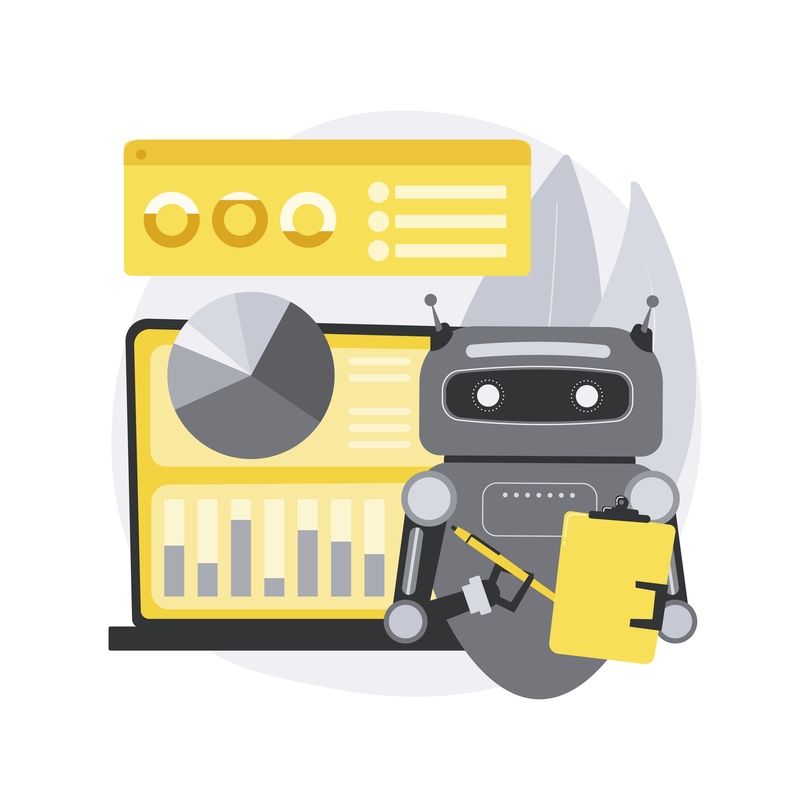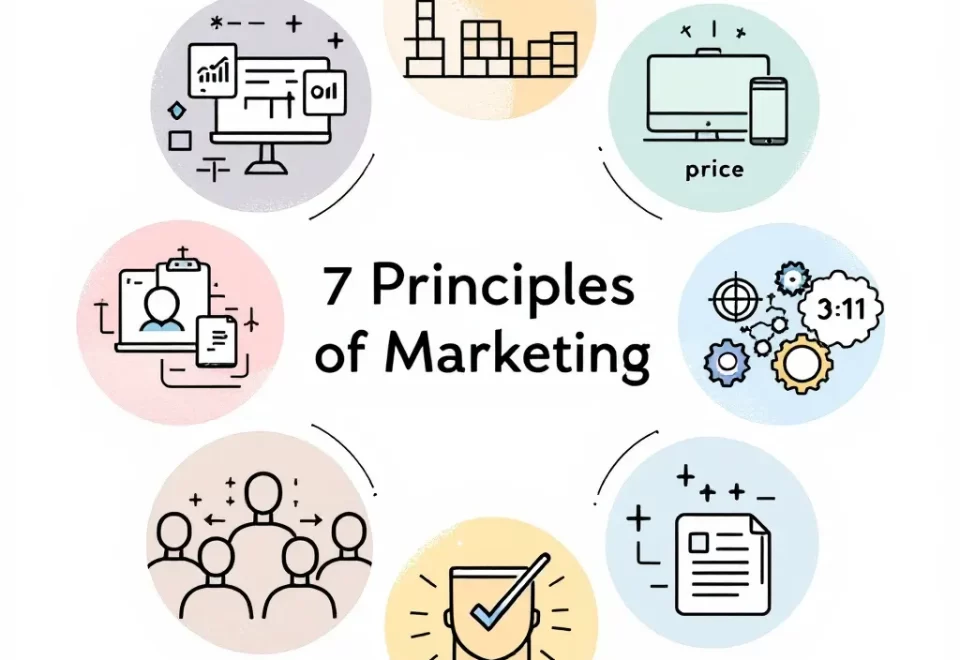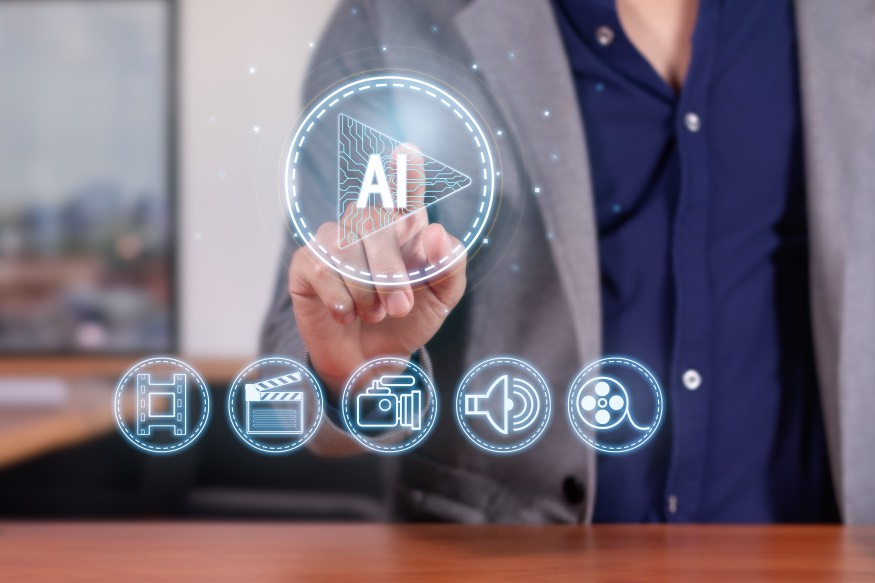Around 627,000 new businesses open every year, as estimated by the Small Business Association (SBA). Competition permeates the market in most niches or industries. If a company wants to survive and thrive, it has to get a leg up on its competitors.
The advent of the internet has created various channels for businesses to do just that, in many cases, in a more affordable and accessible way. One that is rapidly gaining traction over the years is personalized marketing.
What Is Personalized Marketing?
Simply put, personalized marketing uses data gathered from analytics tools and other channels to tailor marketing to individual customers. It’s used to provide a more tailored experience for customers who are visiting your website, calling your phone number, or interacting with you in any other way.
Data gathered by these tools include the following:
- Clicks
- Purchase history
- Time spent on the website
- Abandoned shopping carts
- Personal data
- Preferences
Marketers then analyze and use these pieces of information to create a cohesive customer profile for marketing tailored to the individual. The benefits of personalized marketing are apparent. By understanding how different customers respond to various products or interactions, businesses can save money by only pursuing the leads that will result in conversion while also maximizing the potential of their marketing investment.
Why You Should Invest in Personalized Marketing
1. It improves the customer experience
Personalized marketing saves time and resources by tailoring the messaging, products, and offers to each customer. It also creates a better customer experience as customers are exposed to only the information that is relevant to them.
Customers are willing to share personal data, create an account, answer surveys, and sign up for newsletters in exchange for benefits. These benefits include cash-back rewards, discount coupons, free shipping vouchers, giveaways, and a personalized shopping experience.
A survey on data personalization funded by Genesys reports that customers know that their data have value and want compensation for sharing them with businesses.
- 39 percent want monetary compensation
- 20 percent want promotional incentives and discounts
- 16 percent want fast and convenient service
- 14 percent want better customer service and support
- 11 percent want new products and services
The catch is that businesses must tightly protect their customers’ information to continue enjoying their trust and loyalty.
2. It reduces risk
The data gathered from analytics allows businesses to identify which customers are likely to make a purchase and which ones are not likely to make a purchase. Therefore, if these customers become actual sales prospects, the business will potentially avoid wasting its valuable marketing budget on potential leads it would never convert into customers.
Gathering and analyzing data helps eliminate some of the guesswork of marketing. Marketers can identify and target customers’ preferred channels and utilize automation technology to engage them. This reduces the risk of wasting precious marketing budgets and leads to the third benefit below.
3. It increases revenue
By using the data gathered from analytics to tailor marketing to each customer, businesses can increase the probability of making a sale and thereby increase revenue. The more customers that convert into sales, the more money is made. An Epsilon study reports that 80 percent of customers are more likely to purchase or do business with a brand that provides them with a personalized experience. Meanwhile, 90 percent say they find personalization appealing8. Add 1st CTA sentence + button.
Do you want to leverage marketing personalization to skyrocket your business?
4. It makes customer retention easier
Personalized marketing lets businesses get to know each of their clients so they can provide them with a better customer experience and anticipate their needs before they even know they have them.
5. It improves employee engagement
Employees are more engaged when they’re engaged with their customers, and personalized marketing allows employees to be more involved in the customer’s sales journey and relationship with a brand. Personalized marketing empowers employees to be more effective when delivering customer service and creating better relationships with customers.
How to Personalize Marketing
There are two main ways to personalize marketing. The first is through data analysis. Companies can use analytics to gather and store information on customers’ behaviors and preferences, allowing businesses to tailor their marketing efforts more effectively.
Data analysis uses tools like Google Analytics, customer relationship management software like Salesforce, and other third-party tools that specialize in this area of data collection and analysis.
The second way to personalize is through digital marketing. Digital marketing is a form of marketing that uses online tools like email, social media, and websites to deliver ads and offers to potential customers.
Digital marketing works by collecting data on each customer’s online activities and using it to better target ads, content, and other promotional materials for driving website traffic, generating leads, getting sales, gaining customer loyalty, and other goals. Many businesses use digital marketing in combination with data analysis because the two work well together.
Digital marketing is a great way to personalize marketing, but you can also use it without data analysis by simply delivering content relevant to the customer.
Automation technology also plays a massive role in streamlining personalized marketing by taking care of the grunt work to let marketers focus on more important aspects. Examples of tasks that automation technology can handle include the following:
- Sending email confirmations and reminders
- Prompting in-app notifications for mobile app users
- Generating product recommendations based on customer data
- Targeting ads based on the customer’s online activities
- Responding to customer inquiries (chatbots)
- Scheduling social media posts
Businesses can automate other cumbersome tasks to implement personalized marketing strategies effectively and efficiently.
Personalized Marketing Examples
Here are a few examples of how businesses utilize personalized marketing in their campaigns.
Personalized content marketing
Content marketing is a strategy that uses digital tools like email, social media, and websites to deliver ads and offers to potential customers. Personalized content marketing uses data analysis to create more effective messaging based on each customer’s online activities.
Personalized content marketing is not just about ads and offers, though. It’s also about providing relevant content that drives engagement. One great example of this is Spotify’s Wrapped. The audio streaming giant delivers personalized content to each user in the form of a year-end review of their musical journey on the app. People love it, and it’s a widely anticipated and shared event on social media every year.
Targeted emails
Email marketing is one of the oldest forms of digital marketing and is still one of the most effective ways to deliver consumer messages. Personalized emails use data analysis to determine which customers will be most receptive to a given message and then use email to deliver that message.
Using the data gathered, marketers create demographics and send offers tailored for these groups through email. This is one way they use email marketing for personalization. Another is crafting killer abandoned cart emails to convince customers to complete the checkout process. When using email marketing, make sure to integrate tools such as DKIM and DMARC checker, verify your emails so that recipients can have a safe experience with your brand.
Social media marketing
Social media improves your company’s ability to personalize a customer’s experience by offering them content that leverages the social data relating to each individual. Social media marketing is also a great example of digital customer experience personalization because it can be used to connect the customer directly to the product or service they’re looking for.
Now is the time to make your marketing personal and run successful campaigns.
- Using email and social media as a customer service channel offers customers direct access to the product or service they’re looking for without picking up the phone.
- Social media marketing can be used to offer customers special deals, coupons, or other information that is directly relevant to their purchase decision.
- Social media allows companies to personalize the overall customer experience by creating messaging that is both engaging and tailored to each individual.
- Personalizing the customer experience through social media helps businesses connect with customers to make them feel more comfortable, which can improve loyalty and increase revenue.
- Social media is a great place to ask for feedback from customers and learn more about what they like, what they don’t like, and how to improve the product or service you offer them.
- Platforms like Facebook, Twitter, and Instagram are a great way to engage with customers and create relationships between them and your company. They allow brands to answer customer questions and concerns in real-time and stay updated with online trends.
Personalized product recommendations
Recommendation engines allow brands to provide customers with product suggestions based on their past purchases and preferences. Amazon does a stellar job at this. For example, suppose you search “iPad mini 6” on Amazon and click a product listing. Amazon automatically lists related items, such as Apple pencils, screen protectors, and cases, at the bottom part of the page in case you want to get those too.
After the product recommendations based on your search, Amazon suggests the best-selling products in the same category. This makes the shopping experience smoother and more convenient if you’re looking to buy something and all its accompanying accessories.
Personalized product recommendations also come handy in many situations like when you’re choosing gifts for business or personal purposes. You can save time looking for products individually, compare similar products from different brands, and pick the best one for the recipient.
Automated bots
Businesses can use customer service bots to answer customer questions and correct errors in translation. They can also point customers to a specific product or service they will find most relevant. Personalized bots use social media data, along with customer information, to determine what the individual customer needs and provide solutions there and then.
Targeted ads
Personalized ads use a combination of data analysis, social media, and other tools to create highly customized marketing messages. The result is highly personalized content that marketers can use to encourage customers to purchase a product or complete a transaction.
For example, if you search for a keyword on Google, the search results will present you with related search ads. Display ads for a product you searched will also show on Google-affiliated websites and platforms you visit.
It takes expertise to run highly successful Google Ads campaigns, so many companies hire Google Ads experts or create specialized teams for them.
Personalized experiences
Personalized experiences can take many forms and use various digital tools, but the end result is the same. Personalization allows companies to provide customers with content tailored specifically to their needs and preferences to make shopping more convenient and satisfactory.
Final Thoughts on The Secret to Marketing Success: Make it personal
Whether you write a business inquiry letter or email, you run ads, you communicate via a chatbot or you engage on social media, you want your messages to be unique and customized. Personalized marketing is a new way for businesses to connect with their customers and set themselves apart from the competition. It uses data analysis to determine precisely what the customer needs and gets their attention in a way that makes them feel comfortable and receptive to a brand. When done right, personalized marketing can help companies establish new relationships with customers, improving current customer loyalty and increasing revenues.
Growth Hackers is an award-winning AI marketing agency helping businesses from all over the world grow. There is no fluff with Growth Hackers. We help entrepreneurs and business owners by implementing making their marketing more personal, driving targeted traffic, generating qualified leads, optimizing their conversion rate gathering and analyzing data analytics, acquiring and retaining users and increasing sales. We go further than brand awareness and exposure. We make sure that the strategies we implement move the needle so your business grow, strive and succeed. If you too want your business to reach new heights, contact Growth Hackers today so we can discuss about your brand and create a custom growth plan for you. You’re just one click away to skyrocket your business.







